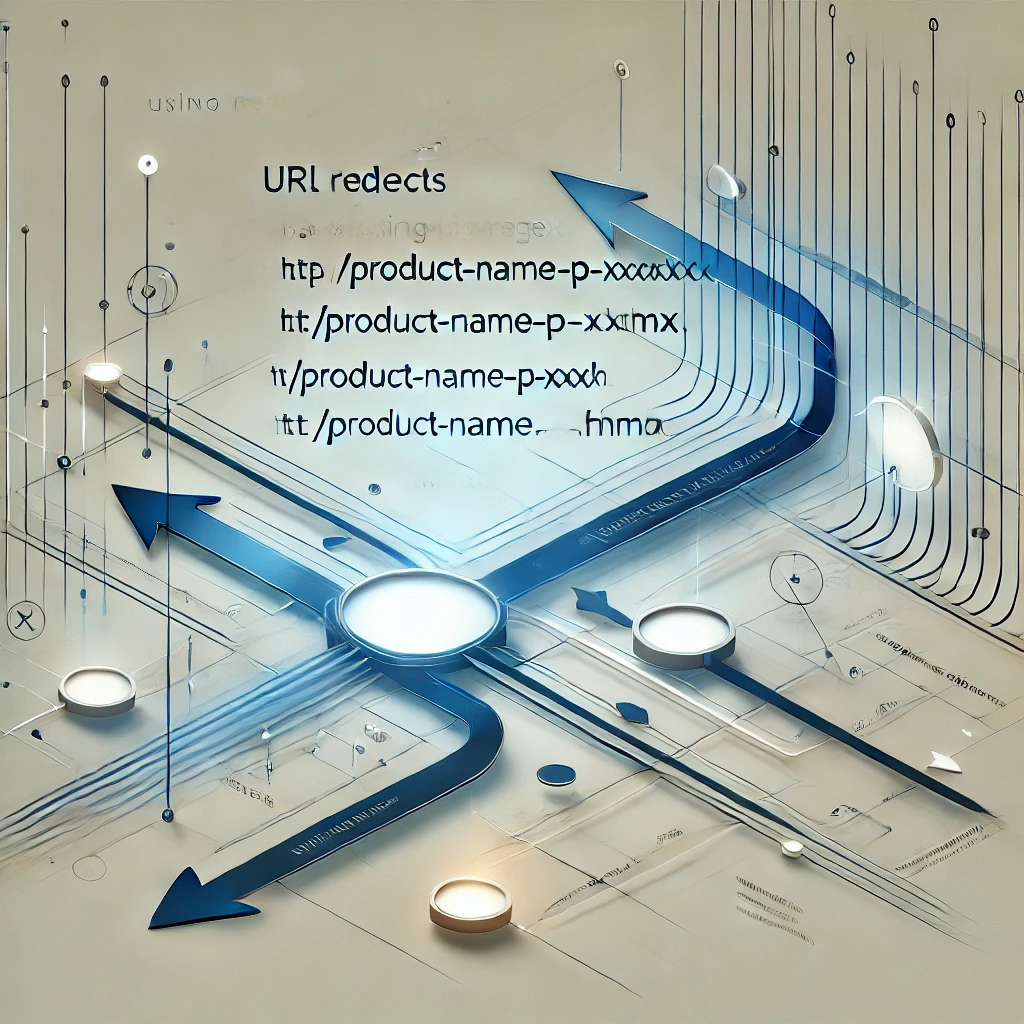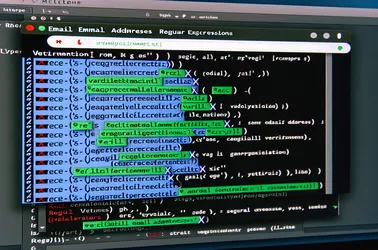To handle text manipulation effectively, you must learn how to match and replace patterns without leaving undesirable text behind by using regex. Because incorrect regex usage can leave additional characters behind, many developers have difficulties when attempting to substitute repeated occurrences of a pattern. In this tutorial, we looked at several ways to precisely extract patterns without any leftovers using Python and JavaScript. Comprehending the nuances of regex, such as lookaheads, backreferences, and lazy vs. greedy quantifiers, can enhance workflow and optimize outcomes whether working with log files, data cleansing, or structured text processing.
Using an inefficient regex to format numbers in JavaScript might cause performance problems and possibly security threats. Applications may be slowed down by a poorly optimized strategy, particularly when working with big data sets. Safer substitutes such as Intl.NumberFormat or loop-based techniques guarantee efficiency and security instead of depending on intricate regex patterns. For instance, proper number formatting improves user experience on e-commerce sites that display product pricing. Knowing these techniques guarantees that numbers are always shown accurately while preventing performance snags.
When working with dynamic patterns like /product-name-p-xxxx.html and /product-name.html, it might be difficult to manage URL redirects effectively. It is simpler to manage both situations in a single, scalable solution by utilizing regex.
In PostgreSQL, regex can be challenging, particularly when employing boundaries like y to guarantee exact word matches. To tackle regex problems, this article explores integrating Python with PostgreSQL. It ensures security with re.escape() and optimizes speed with indexing like GIN. These technological subtleties are made simpler by real-world examples and best practices.
It's essential to know how to properly validate user input, particularly to prevent form errors. This article explores the use of regular expressions in C# to manage complicated situations, such as lengthier extensions and internationalized domains. The conversation provides suggestions to improve accuracy and user trust while highlighting pattern limitations.
For the sake of data integrity and user experience, it is imperative to validate PHP user inputs, more especially email addresses. Given that ereg functions are no longer supported, developers tend to favor preg_match as a more effective and safe method.
In web and application development, regular expressions (regex) are essential for validating data integrity and improving user management.
In data collecting and user management procedures, validating email addresses is an essential step that guarantees inputs meet approved requirements.
Regular expressions, often known as regex, are an essential tool for text processing since they allow for pattern manipulation, searching, and matching.
For web developers, understanding email validation is essential, especially in ASP.NET contexts where data security and integrity are critical.
Using regular expressions to validate email addresses Ruby's (regex) module offers developers a strong framework to guarantee data integrity and improve user experience.
A crucial programming tool for validating data formats, including empty strings and addresses, is regular expressions, or Regex.











